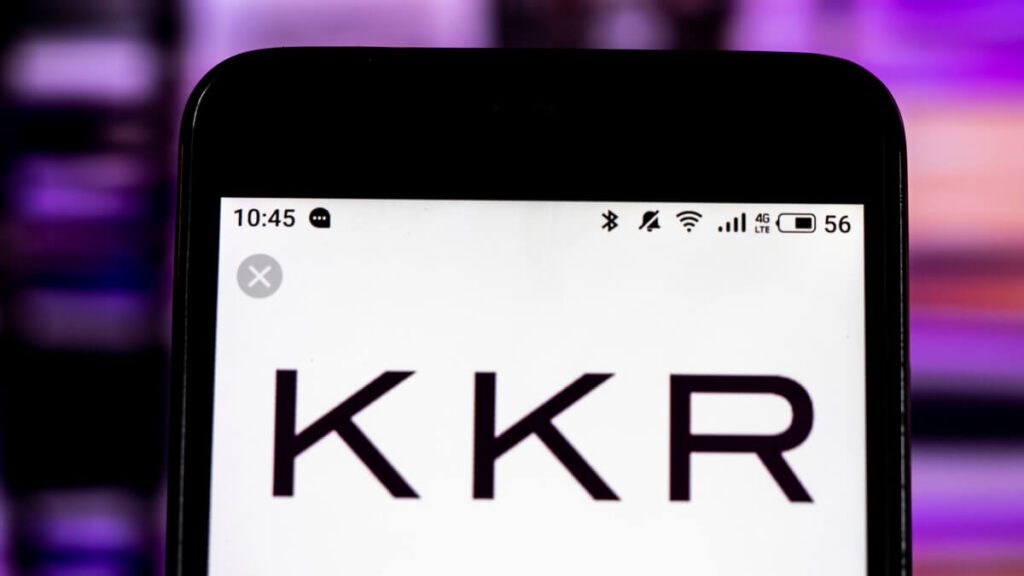
Global investment firm KKR acquired on Tuesday a majority stake in Telefónica’s Chile fiber optic network to establish the country’s first open access wholesale fiber optics company.
Under the deal, KKR’s newly established independent Chilean company with utilize and manage local assets and serve as the country’s first wholesale digital infrastructure network, open to all current and future telecom operators to create a competitive market landscape which will benefit consumers and businesses, the investment company said in a statement.
The agreement – which is valued at approximately $1 billion – is expected to close in the first half of 2021, subject to regulatory approvals, and will see Telefónica hold a 40 percent stake in the company.
According to the statement, Chile is currently leading Latin America in terms of GDP per capita, but is third-ranked in fiber-to-the-home connectivity. Fiber optic service offers very high reliability and speeds 10-1000 times faster than cable and legacy telecommunication networks.
“We are excited to be working with Telefónica to create the first-ever open access wholesale fiber network in Chile. This will create competition where none exists today, helping Chilean families, companies, and the economy recover and grow in the digital economy,” said Waldemar Szlezak, senior leader on KKR’s infrastructure investment team.
The new company will look to expand broadband coverage in Chile from 2 million households today to a minimum of 3.5 million households by 2023, and to provide wholesale service to more than 40,000 businesses, telecom towers, and small cells.
In parallel, the newly formed network will provide access to under-served areas with more than two-thirds of households covered by the network being outside of high-income urban areas.
“We have seen increased commercial activity over the last 12 months, and this transaction will further support this momentum as we will be able to accelerate the fiber-optic deployment. Our stake in the new company provides us with substantial flexibility in the long-term, in a market with enormous future potential,” Alfonso Gómez Palacio, CEO Telefónica HispAm, said in a joint statement.
The state-of-the-art fiber optic network is built to the highest technical standards, with its existing infrastructure having supported reliable service over the past year when COVID-induced disruptions substantially increased the need for greater bandwidth for tele-work, school, health, and more.
In 2020, the network, which is being transferred to the newly formed company, was recognized as the Best and Fastest Fixed Network in Chile.
The new company will be controlled by KKR and will leverage the firm’s global experience in digital infrastructure and in operating and deploying fiber networks, including related investments in FiberCop in Italy, Hyperoptic in the U.K., Deutsche Glasfaser in Germany, Telxius in Europe and Latin America, Hivory in France, Global Technical Realty in Europe, Bharti Infratel in India, and Pinnacle Towers in the Philippines.
KKR first established its global infrastructure team and strategy in 2008 and has since been one of the most active infrastructure investors around the world. Over this period, the firm has deployed more than $24 billion across approximately 40 infrastructure investments, and currently has a team of 45 dedicated investment professionals.
It is worth mentioning that the deal will enable Telefónica to reduce its debt by around $400 million, a vital element to the Spanish company’s current strategy.
Telefónica has offloaded non-core assets in Central America in recent times as part of its debt-reduction effort, as well as brokering various deals for its tower assets, including selling 40 percent of towers business Telxius to KKR in 2017 before agreeing to sell the business to passive infrastructure specialist American Tower for $9.36 billion just last month.
Its net financial debt, not including lease liabilities, stood at $44.63 billion at the end of September 2020, down by just over $2.43 billion from the end of 2019, but its debt-to-earnings ratio was slightly higher at 2.77x.
The company is currently looking to utilize the deal to bolster its fiber rollout in Chile. “The transaction will allow us to accelerate the deployment of our networks through an efficient capital structure, at the same time as allowing us to crystallize the value of our assets and monetize a part of them,” said Laura Abasolo, Chief Finance and Control Officer (CFCO) at Telefónica, in a Spanish language statement.